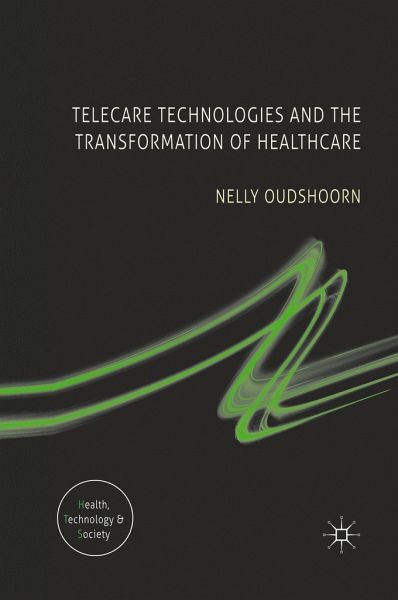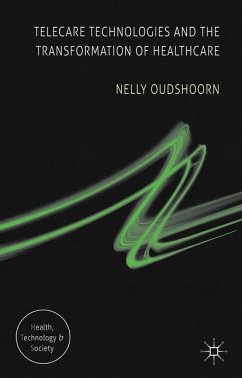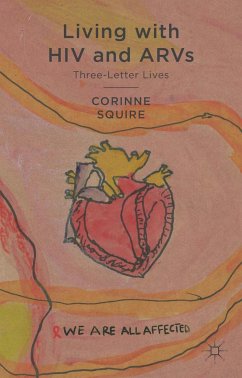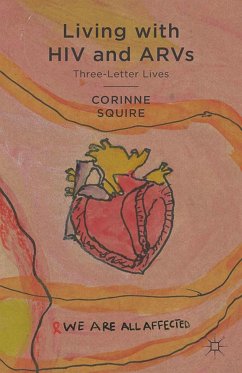
Telecare Technologies and the Transformation of Healthcare
Versandkostenfrei!
Versandfertig in 6-10 Tagen
38,99 €
inkl. MwSt.
Weitere Ausgaben:

PAYBACK Punkte
19 °P sammeln!
Winner of the British Sociological Association Foundation for the Sociology of Health and Illness Book Prize, 2012. This book traces the changes in healthcare implicated in telecare technologies: information and communication technologies that enable care at a distance. What happens when healthcare moves from physical to virtual encounters between healthcare professionals and patients? What are the consequences for patients when they are expected to do things that used to be done by healthcare professionals? What actually happens when homes become electronically wired to healthcare organizatio...
Winner of the British Sociological Association Foundation for the Sociology of Health and Illness Book Prize, 2012. This book traces the changes in healthcare implicated in telecare technologies: information and communication technologies that enable care at a distance. What happens when healthcare moves from physical to virtual encounters between healthcare professionals and patients? What are the consequences for patients when they are expected to do things that used to be done by healthcare professionals? What actually happens when homes become electronically wired to healthcare organizations? These are urgent questions that are, however, largely absent in dominant discourses on telecare. Drawing on insights from science, technology, and human geography, this work opens up novel accounts of the adoption and use of new technologies in healthcare. Nelly Oudshoorn shows how telecare technologies participate in redefining the responsibilities and identities of patients and healthcare professionals, introducing a new category of healthcare workers, and changing the kinds of care and spaces where healthcare is situated. This book intervenes critically into discourses that celebrate the independence of place and time by showing how places and physical contacts still matter in care at a distance.














